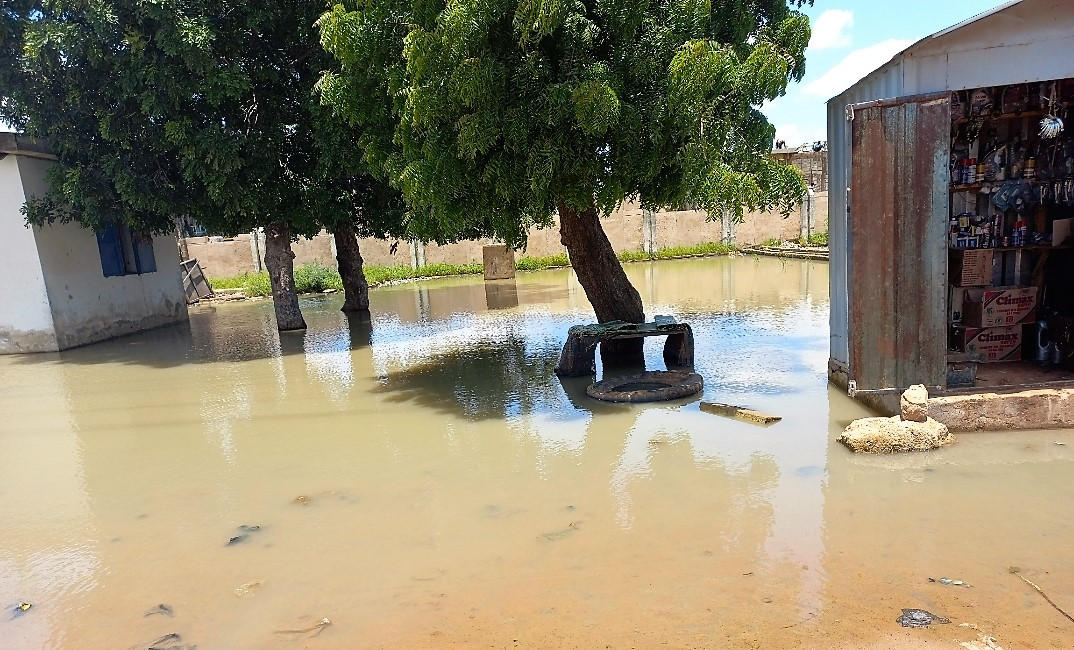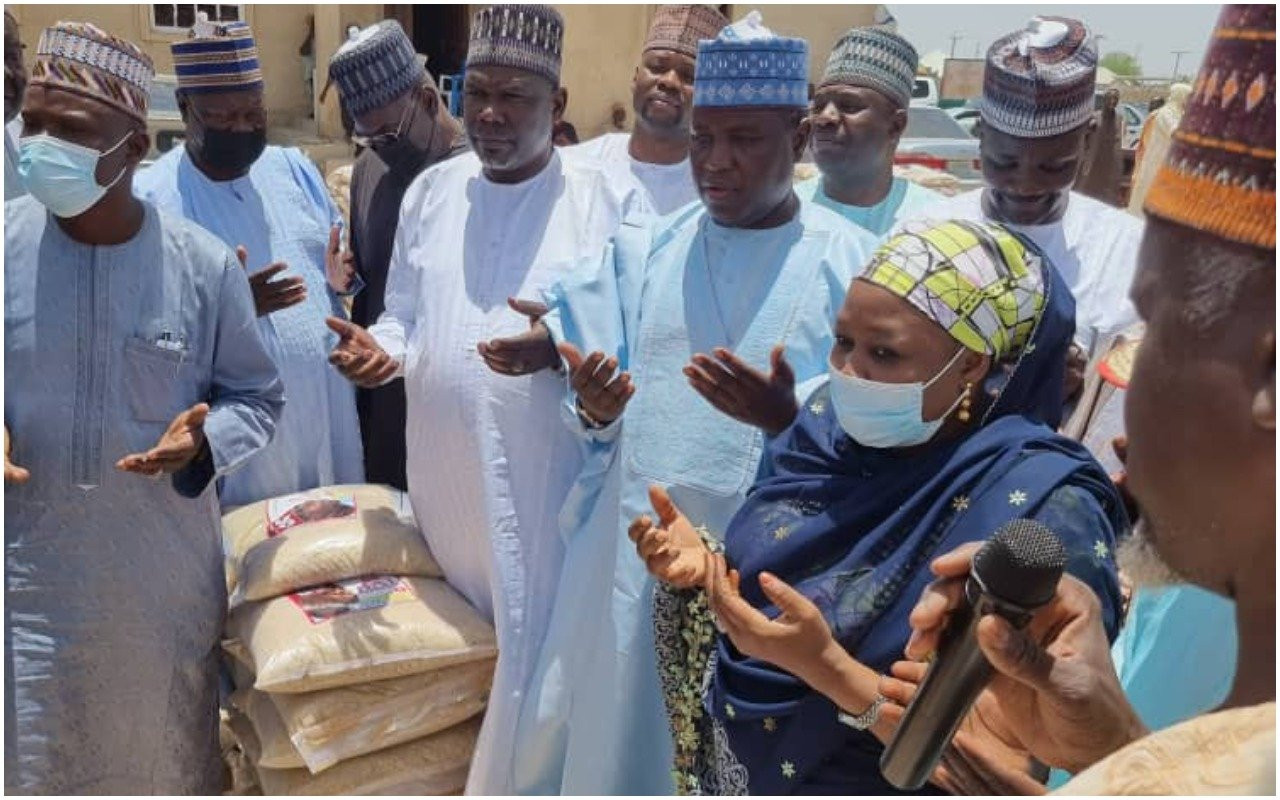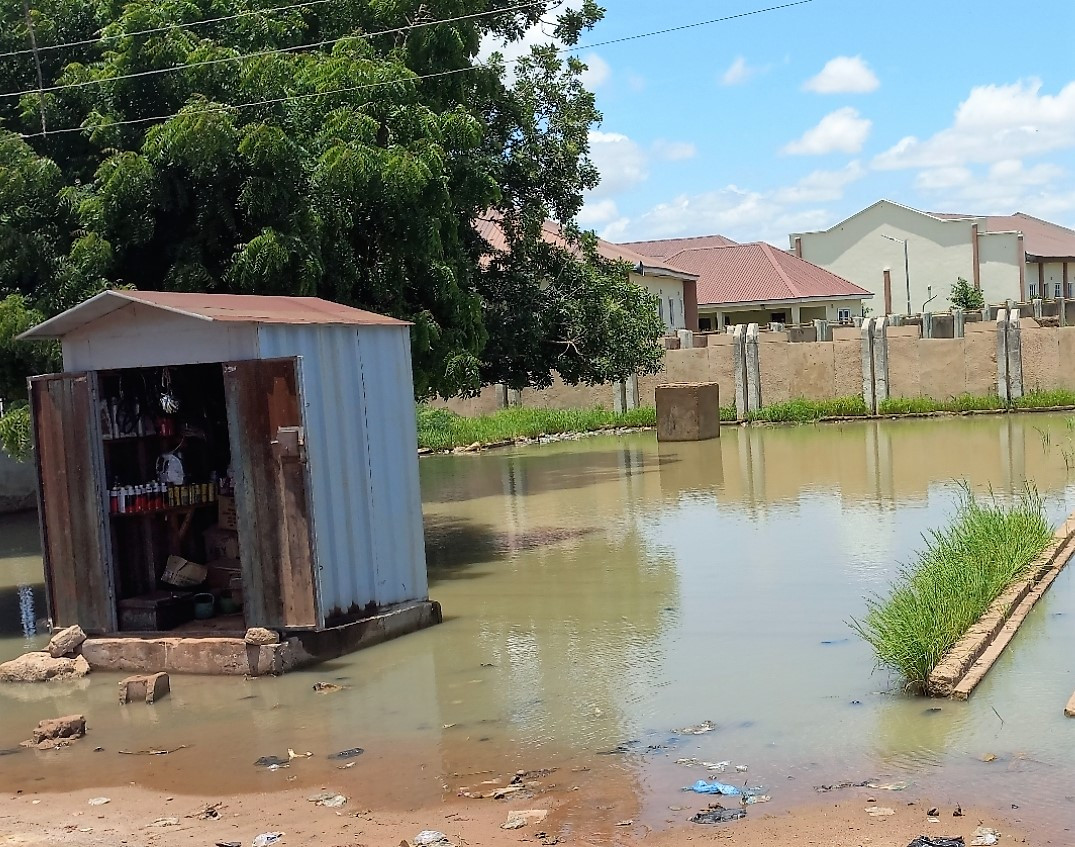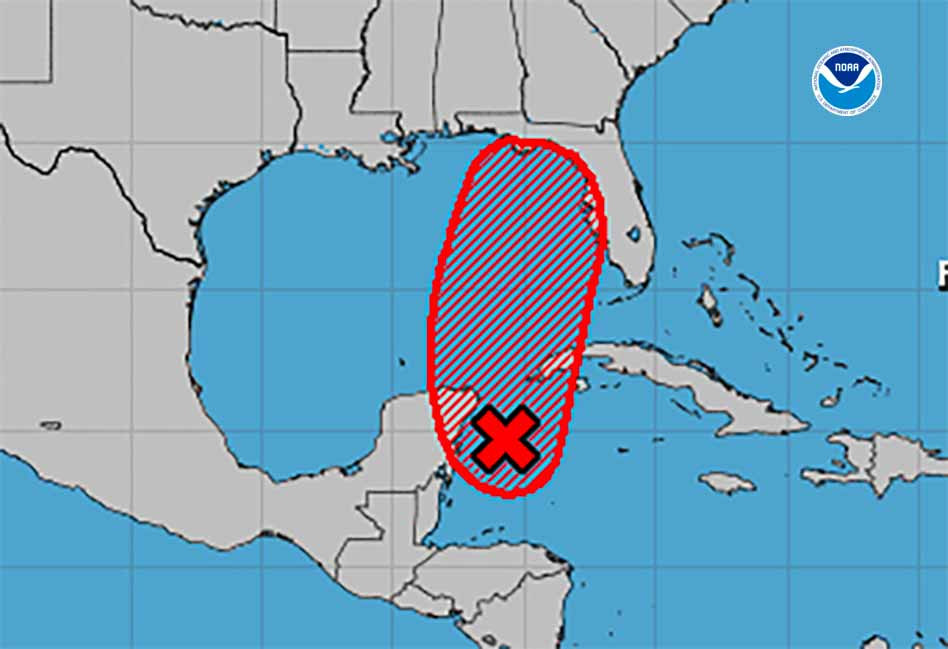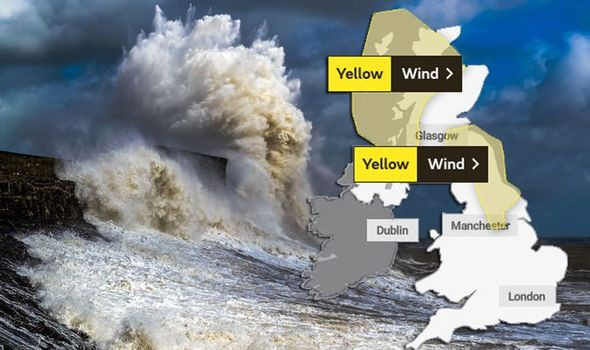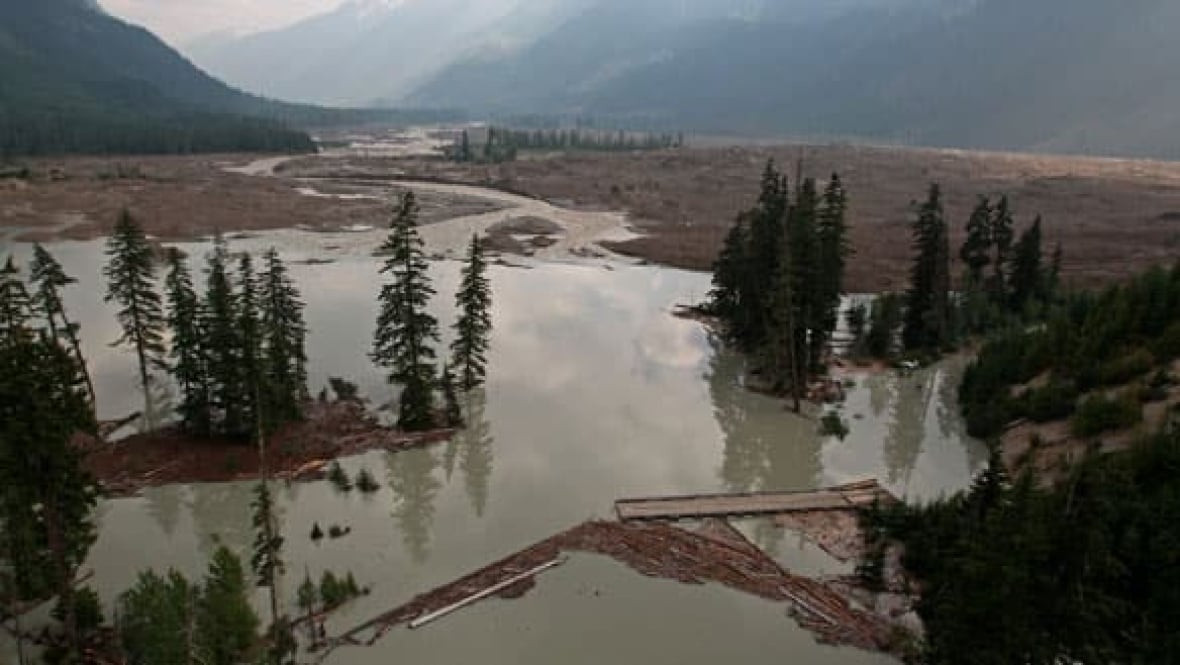The flood, a grim spectacle that has painted a sorrowful picture across Maiduguri, the capital of Borno State, has forced President Bola Tinubu to declare a state of emergency and order immediate evacuation of residents from affected areas. The disaster, described as the worst in recent decades, has displaced thousands of residents and crippled essential facilities such as the Post office and the Maiduguri Teaching Hospital.
President Tinubu, expressing deep concern about the plight of the affected residents, has extended his heartfelt condolences to the government and people of the state, particularly to families who have lost their livelihoods due to the disaster triggered by the overflow of the Alau Dam. The flooding, a consequence of the dam's overflowing, has submerged numerous homes, forcing residents to abandon their belongings and seek refuge in safer areas.
While relevant authorities are still assessing the extent of the damage caused by the flood, President Tinubu has underlined the urgency of evacuating people from affected areas to prevent further casualties. He has assured Governor Babagana Umara Zulum that the Federal Government is committed to supporting the state in addressing the immediate humanitarian needs of the affected population, particularly those who have lost their homes and sources of income.
The President has directed the National Emergency Management Agency (NEMA) to swiftly mobilize resources to provide aid and assistance to the flood victims. This directive underscores the Federal Government's commitment to mobilizing federal resources and cooperating with the state government to ensure the well-being and safety of the people of Borno State.
The flooding has also brought attention to the plight of the animals residing in the Maiduguri Zoo. The raging waters have forced many animals, including lions, snakes, and an ostrich, to escape their enclosures, raising concerns for both animal and human safety. While one of the escaped crocodiles was found dead after being attacked by unidentified individuals, the ostrich remains at large, prompting authorities to implement security measures to ensure the safety of both the animals and the community.
In response to the escalating crisis, the Director General, National Emergency Management Agency, ZUBAIDA UMAR, has confirmed that evacuation efforts for residents of the affected communities have begun. NEMA, in collaboration with the Borno State Emergency Management Agency (SEMA), is providing humanitarian assistance to displaced individuals by establishing relief camps and providing food, shelter, and medical assistance.
The Alau Dam, a crucial water infrastructure in the region, has played a key role in the unfolding disaster. Constructed in 1984–1986, the dam's collapse, according to officials, has led to a significant increase in water flow downstream, exacerbating the flooding in surrounding areas. Areas severely impacted by the incident include Shehuri, parts of the Government Residential Area (G.R.A.), Gambomi, Budum, Bulabulin, Adamkolo, Millionaires Quarters, Monday Market and Gwange.
The severity of the flooding has led to the temporary closure of the University of Maiduguri, a major educational institution in the state. The closure, a precautionary measure, was deemed necessary to ensure the safety of students and staff amidst the unfolding disaster.
This recent flooding in Maiduguri mirrors a broader pattern of flooding occurring across several states, particularly in the northern region. According to data compiled by emergency agencies, recent floods have caused significant damage to both property and farmland across 27 states.
The National Emergency Management Agency (NEMA) has reported that approximately 16,488 hectares of farmland have been destroyed by the floods. Moreover, the flooding has resulted in the destruction of over 32,000 houses, affecting the lives of about 227,000 people. The devastation caused by these floods has underscored the vulnerability of communities to extreme weather events, highlighting the urgent need for effective flood mitigation strategies.
The floods have also cast a shadow over Nigeria's agricultural sector. The Minister of State for Agriculture and Food Security, Sen. Abdullahi Sabi Aliyu, has cautioned that up to 51% of Nigeria's farming areas are at risk of flooding in 2024. The Minister of Agriculture and Food Security, Sen. Abubakar Kyari, has also expressed concern, warning that the ongoing floods will likely have a negative impact on this year's anticipated harvest, potentially leading to food shortages and higher food prices.
In light of the escalating crisis, the Minister of Finance and Coordinating Minister of the economy, Wale Edun, has proposed a N3 billion financial package to assist states affected by the floods. The Federal Government's commitment to providing financial support underscores the urgency of addressing the immediate needs of affected communities, while also facilitating long-term recovery efforts.
Beyond national efforts, the international community has also stepped in to support flood relief in Nigeria. The United States, through the U.S. Agency for International Development (USAID), has pledged over $6.5 million to aid humanitarian efforts. This funding will be directed toward supporting local partners, including the International Organization for Migration (IOM), in tackling the severe flooding affecting multiple regions across the country.
The Maiduguri flood disaster serves as a stark reminder of the growing impact of climate change and the need for proactive measures to mitigate the effects of extreme weather events. As relief efforts continue, the focus should not only be on immediate aid but also on developing sustainable solutions that build resilience and safeguard communities from the devastating effects of future floods.




